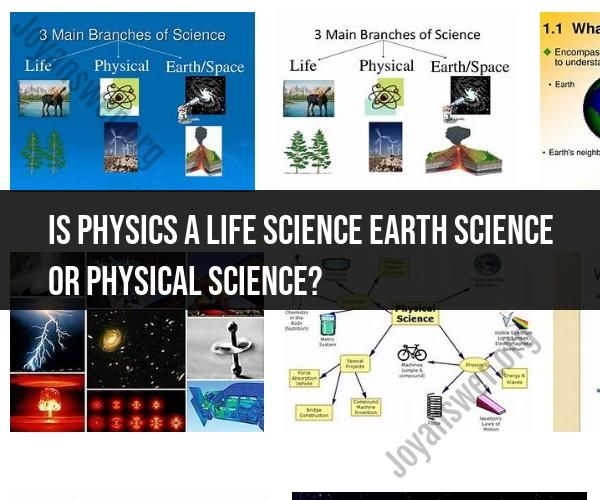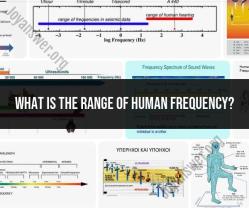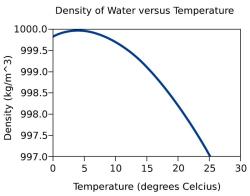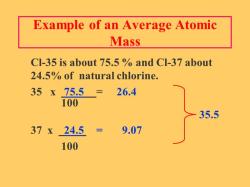Is physics a life science earth science or physical science?
Physics is considered a fundamental branch of physical science. It focuses on understanding the fundamental principles that govern the behavior of matter, energy, space, and time in the universe. While physics is closely related to other scientific disciplines, such as chemistry and biology, it is distinct in its emphasis on studying the fundamental laws and principles that underlie the physical world.
The sciences are typically categorized into three main branches:
Life Sciences: These include biology, ecology, genetics, and related fields, and they primarily focus on the study of living organisms and their interactions.
Earth Sciences: Earth sciences encompass geology, meteorology, oceanography, and more, and they center on the study of the Earth, its processes, and its various components.
Physical Sciences: Physics, chemistry, astronomy, and related disciplines fall under the physical sciences. They focus on the study of non-living matter, energy, and the physical properties and processes that govern the natural world.
Physics, as a physical science, plays a fundamental role in providing the foundational principles that underpin other scientific disciplines. For example, the laws of physics are essential for understanding chemical reactions (chemistry) and the behavior of biological systems (biology). Additionally, physics is crucial in fields such as engineering and technology, where an understanding of physical principles is essential for the design and development of various technologies and systems.
In summary, while physics is distinct from life sciences and earth sciences, it is a core component of physical science and serves as a foundational science that contributes to our understanding of the natural world and its underlying principles.













